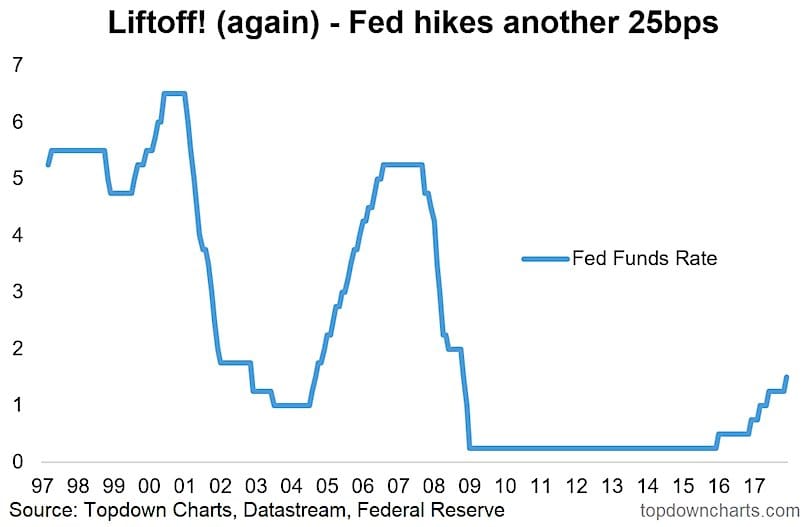The Asian markets opened on a positive note as investors responded to the recent fluctuations observed on Wall Street. Following a session characterized by mixed results, where technology stocks faced a notable sell-off, Asian investors appeared to embrace a more optimistic outlook. The shift in sentiment was evident across several key indices, with many markets recording gains as traders adjusted their portfolios in light of the changing dynamics in the tech sector.
In the United States, the previous trading session saw a divergence in stock performance, particularly within the technology sector. Major tech companies, which had previously driven market gains, experienced a pullback as investors began to rotate their investments into other sectors. This rotation was largely attributed to concerns over rising interest rates and inflation, which have prompted a reevaluation of growth stocks that have thrived in a low-rate environment. As a result, investors began to seek opportunities in more traditional sectors, such as energy and financials, which are perceived to be more resilient in the face of economic uncertainty.
The impact of these developments was felt across Asia, where markets reacted positively to the prospect of diversification in investment strategies. In Japan, the Nikkei 225 index saw a notable increase, buoyed by gains in industrial and consumer goods sectors. Similarly, Hong Kong’s Hang Seng index also experienced upward momentum, reflecting a broader trend of recovery among Asian equities. Investors in the region appeared to be capitalizing on the opportunity to invest in sectors that may benefit from a shift in economic conditions.
China’s markets also mirrored this positive sentiment, with the Shanghai Composite index showing signs of recovery. The Chinese government has been implementing measures to stabilize the economy, and these efforts have contributed to a more favorable investment climate. As investors look for stability, sectors such as infrastructure and consumer services have gained traction, further supporting the upward movement in the markets.
In South Korea, the KOSPI index followed suit, reflecting a similar trend of recovery. The South Korean economy has shown resilience in the face of global challenges, and this has encouraged investors to remain optimistic about future growth prospects. The technology sector, while experiencing some volatility, continues to be a significant driver of the economy, and investors are keen to identify opportunities within this space.
Despite the overall positive trend in Asian markets, caution remains among investors. The mixed performance on Wall Street has raised questions about the sustainability of the recent gains, and many traders are closely monitoring economic indicators that could signal a shift in market dynamics. Inflationary pressures and potential interest rate hikes are key factors that could influence investor sentiment in the coming weeks.
As the Asian markets continue to navigate these complexities, analysts suggest that diversification will be crucial for investors. The rotation away from technology stocks may signal a broader trend, prompting investors to explore opportunities in sectors that are less sensitive to economic fluctuations. This approach could help mitigate risks associated with concentrated investments in high-growth areas.
In conclusion, the Asian markets have responded positively to the mixed performance on Wall Street, with many indices reflecting gains as investors adjust their strategies. The rotation away from technology stocks has opened up new opportunities in various sectors, contributing to a sense of cautious optimism among traders. As the global economic landscape continues to evolve, investors in Asia will likely remain vigilant, seeking to balance risk and opportunity in an ever-changing market environment.


